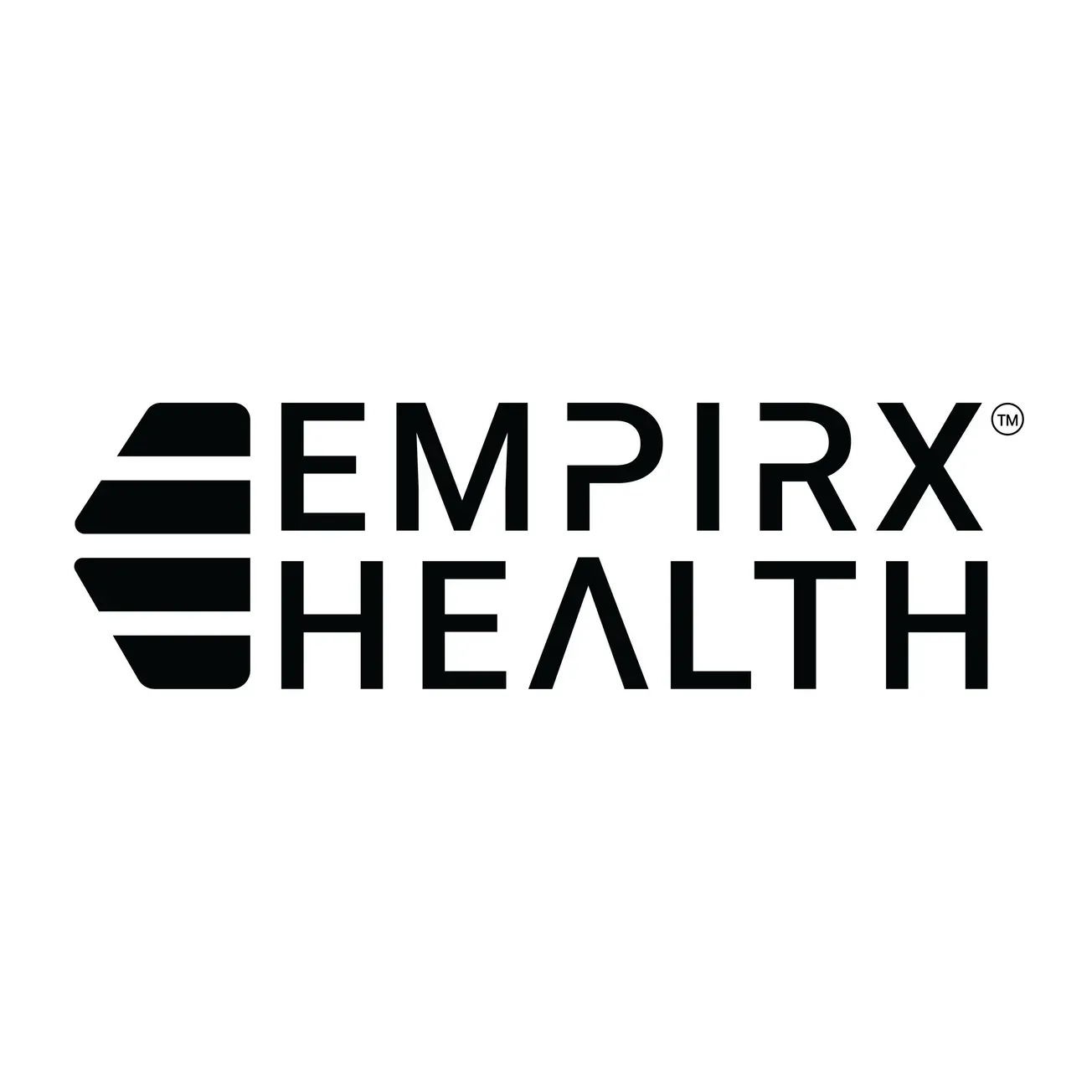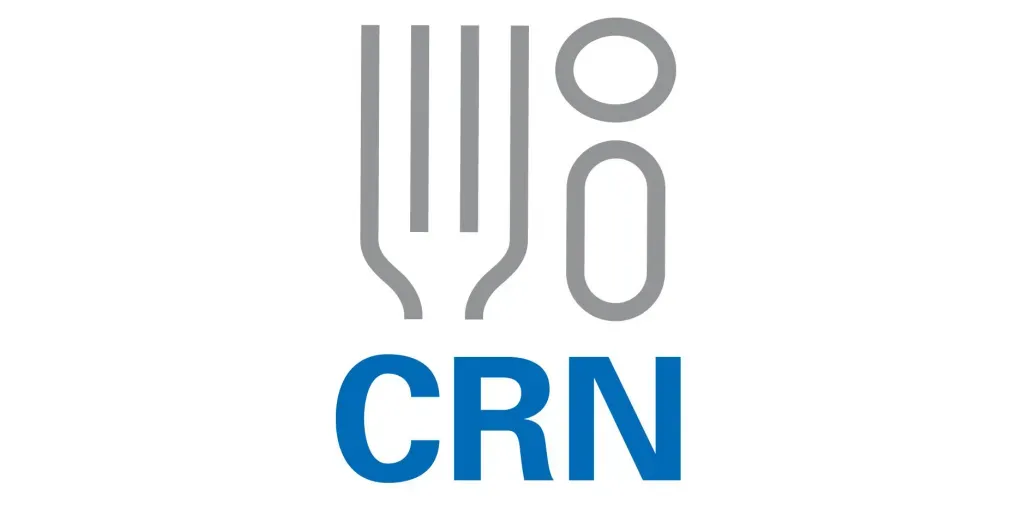CHICAGO — The federal government plans to provide about $1.2 billion in grants to help hospitals, physicians and other health care providers implement and use electronic health records.
In announcing the funding this week, Vice President Joe Biden said the grants will be funded by the American Recovery and Reinvestment Act of 2009 (ARRA) and will help health care providers qualify for new incentives that will be made available in 2010 to doctors and hospitals that "meaningfully" use electronic health records.
The grants announced include $598 million to establish about 70 Health Information Technology Regional Extension Centers, which will provide hospitals and clinicians with hands-on technical assistance in the selection, acquisition, deployment and use of certified electronic health record systems.
Another $564 million in grants is earmarked for States and Qualified State Designated Entities (SDEs) to support the development of mechanisms for information sharing in an emerging nationwide system of networks.
Plans call for the Extension Center grants to be awarded on a rolling basis, with the first being issued in fiscal year 2010. Grants to states will be made in fiscal 2010.
"With electronic health records, we are making health care safer; we’re making it more efficient; we’re making you healthier; and we’re saving money along the way," Biden said in a statement. "These are four necessities we need for health care in the 21st century."
The Department of Health and Human Services (HHS) will also provide assistance to health care providers through the Health Information Technology Research Center (HITRC). The HITRC will gather information on effective practices from sources nationwide and help the Regional Extension Centers collaborate with one another and other stakeholders to identify and share best practices in electronic health record adoption, use and provider support.
HHS secretary Kathleen Sebelius called expanding the use of electronic health records fundamental to reforming the nation’s health care system. "Electronic health records can help reduce medical errors, make health care more efficient and improve the quality of medical care for all Americans," Sebelius stated. "These grants will help ensure more doctors and hospitals have the tools they need to use this critical technology."
Dr. David Blumenthal, National Coordinator for Health Information Technology, noted that such programs will spur the creation of "a national, private and secure electronic health information system."
"The grants are designed to help doctors and hospitals acquire electronic health records and use them in meaningful ways to improve the health of patients and reduce waste and inefficiency," Blumenthal said in a statement. "They will also help states lead the way in creating the infrastructure for health information exchange, which enables information to follow patients within and across communities, wherever the information is needed to help doctors and patients make the best decisions about medical care."
The chain drug industry has been steadily pushing the adoption of electronic health records, as well as electronic prescriptions and related technologies. In its "Principles of Health Care Reform," the National Association of Chain Drug Stores emphasizes that such systems are critical in fostering a more effective and cost-efficient health care system.
"A robust and standardized health information technology system, including e-prescribing and electronic medical records, should be the backbone of health care reform," one of the NACDS principles reads. "Speeding the adoption of this technology will increase the likelihood that patients will take their medications as prescribed, helping to prevent medication errors, and enhancing medical decision-making and
collaboration."
Drug store chains, too, have been increasing patient and physician access to and sharing of health records. Walgreen Co. and CVS Caremark Corp., for example, have adopted Microsoft’s HealthVault, a Web-based platform that enables users to access their prescription histories online as well as gather, store and share personal health information.








